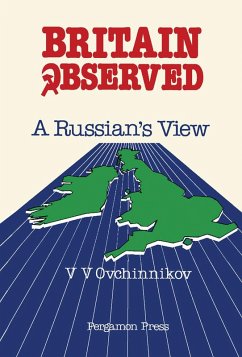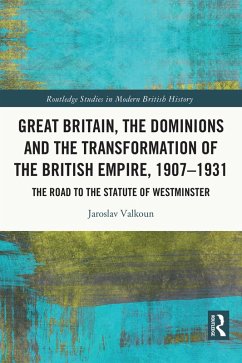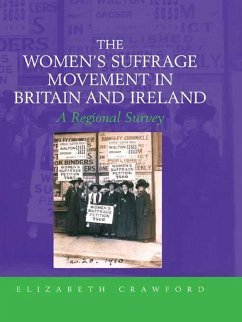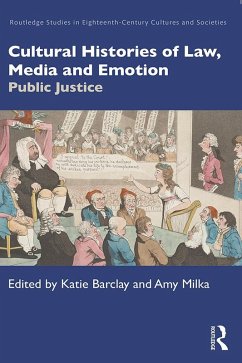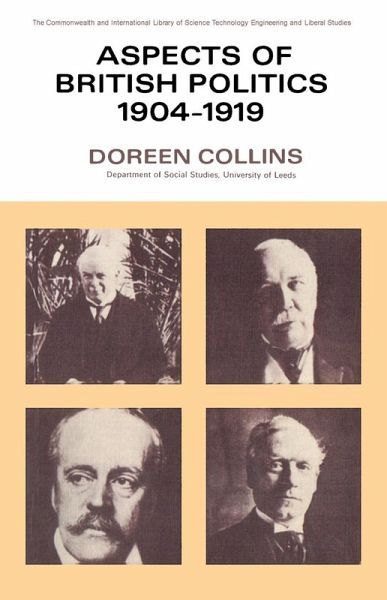
Aspects of British Politics 1904-1919 (eBook, PDF)
The Commonwealth and International Library: History Division
Redaktion: Howat, G. M. D.

PAYBACK Punkte
20 °P sammeln!
Aspects of British Politics 1904-1919 investigates various aspects of British politics during the period 1904-1919, with emphasis on the varied reactions to the changes in British foreign policy that were made after losing its power at the beginning of the twentieth century and the resulting diminution of confidence in the government's handling of foreign affairs. The effect of World War II both on the nature of foreign affairs and on the traditional machine for the execution of foreign policy in Britain is discussed, along with the loss of morale within the Foreign Service. This book is compr...
Aspects of British Politics 1904-1919 investigates various aspects of British politics during the period 1904-1919, with emphasis on the varied reactions to the changes in British foreign policy that were made after losing its power at the beginning of the twentieth century and the resulting diminution of confidence in the government's handling of foreign affairs. The effect of World War II both on the nature of foreign affairs and on the traditional machine for the execution of foreign policy in Britain is discussed, along with the loss of morale within the Foreign Service. This book is comprised of eight chapters and begins with an introduction to the objectives and conduct of British foreign policy, followed by an analysis of developments in Whitehall concerning diplomacy. Subsequent chapters focus on the debate over the conduct of foreign policy, especially before World War II; the fusion of politics and strategy during World War II with respect to the conduct of foreign affairs; and the setbacks suffered by British diplomacy in the first years of the war in the Balkans. Two developments with implications for foreign affairs are examined: the recognition of the importance of the economic factor in modern warfare and the development of propaganda techniques. The final two chapters are devoted to the Anglo-American relations and the demand for greater democracy in international affairs in Britain during the closing stages of World War II. This monograph will appeal to politicians, diplomats, political scientists, and others interested in the nature of international relations.
Dieser Download kann aus rechtlichen Gründen nur mit Rechnungsadresse in A, B, BG, CY, CZ, D, DK, EW, E, FIN, F, GR, HR, H, IRL, I, LT, L, LR, M, NL, PL, P, R, S, SLO, SK ausgeliefert werden.




